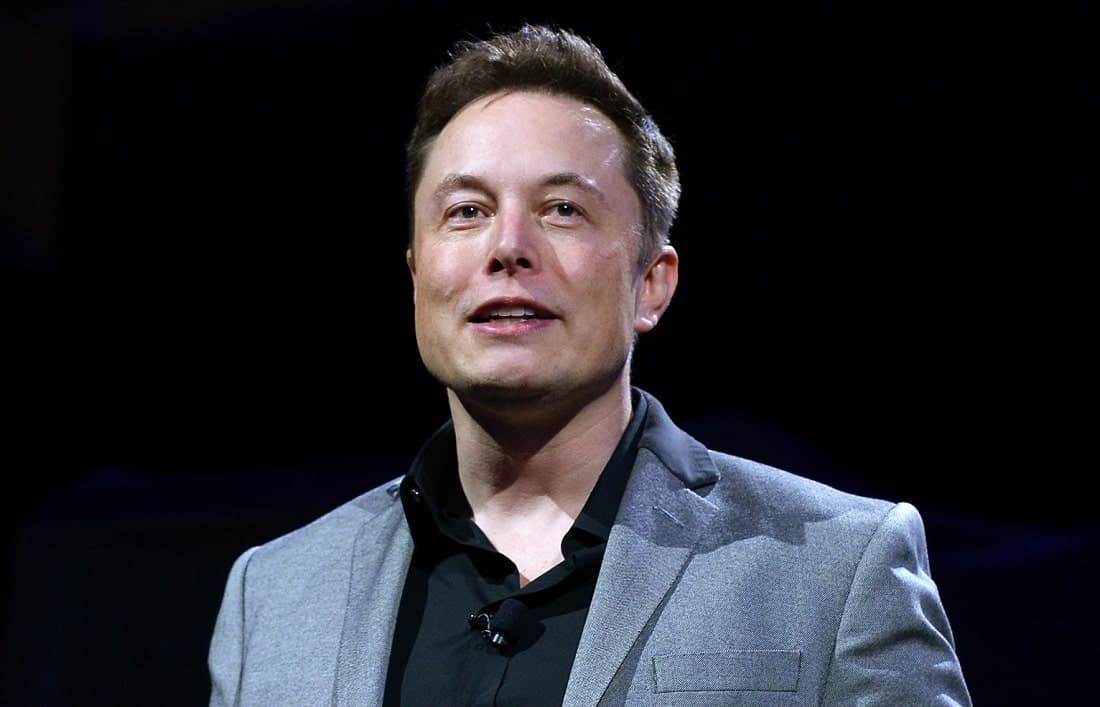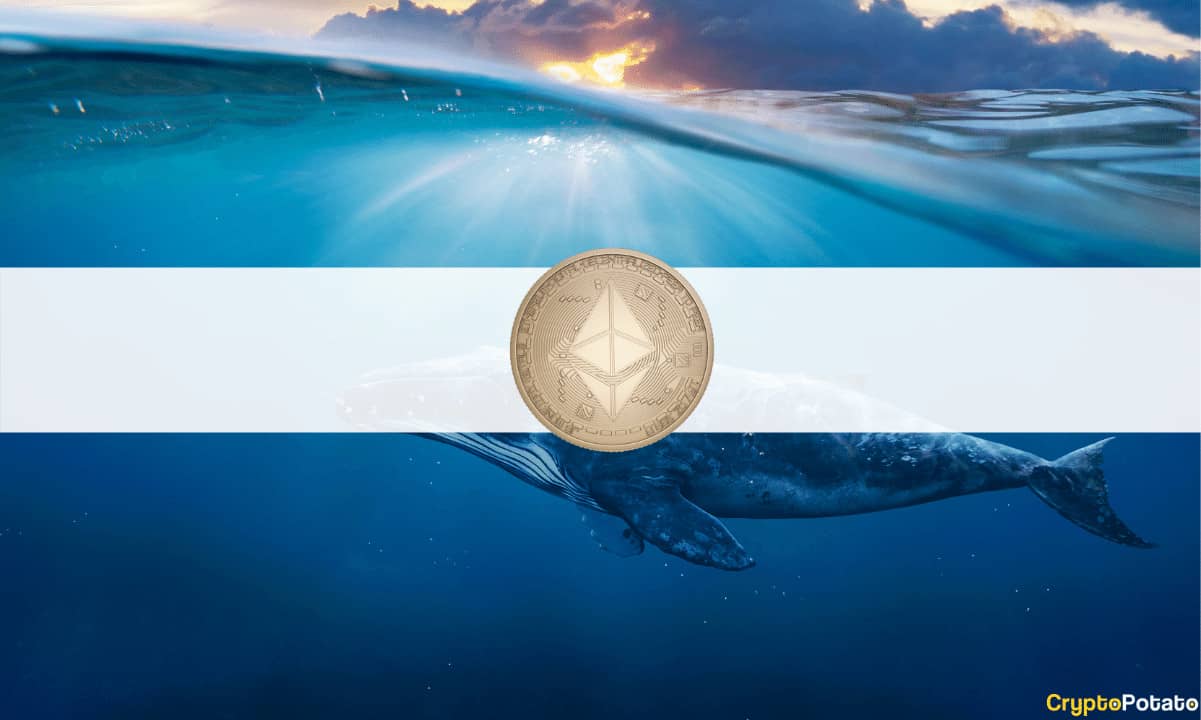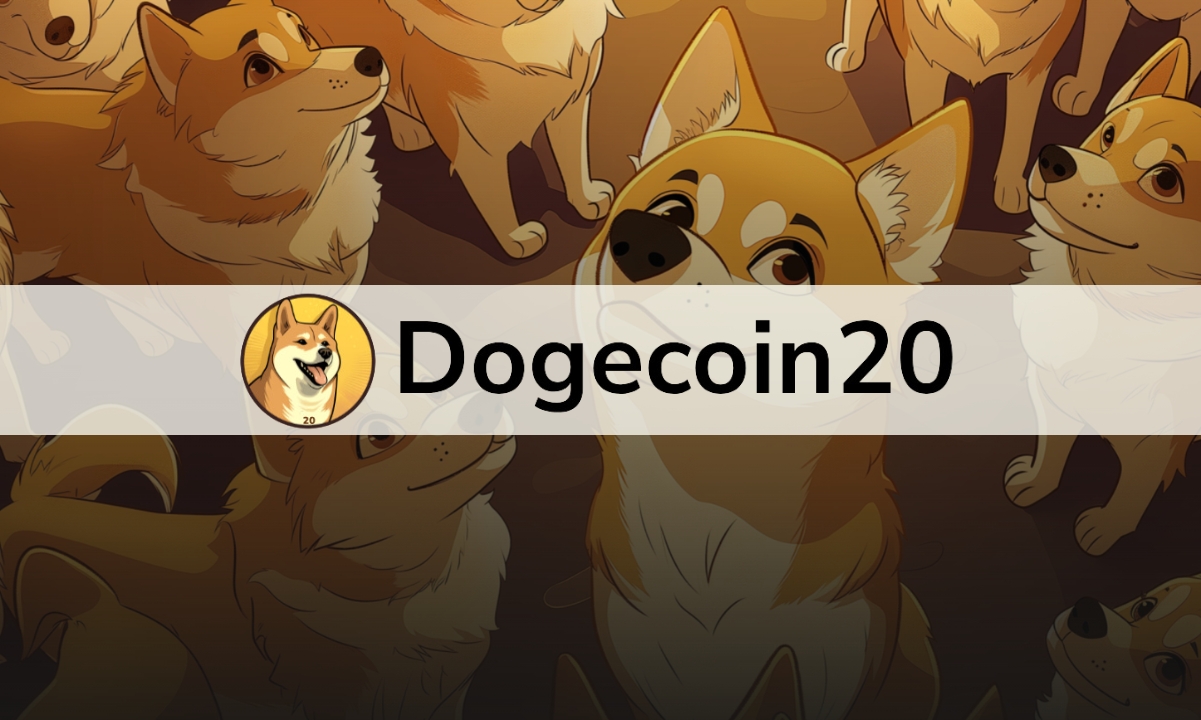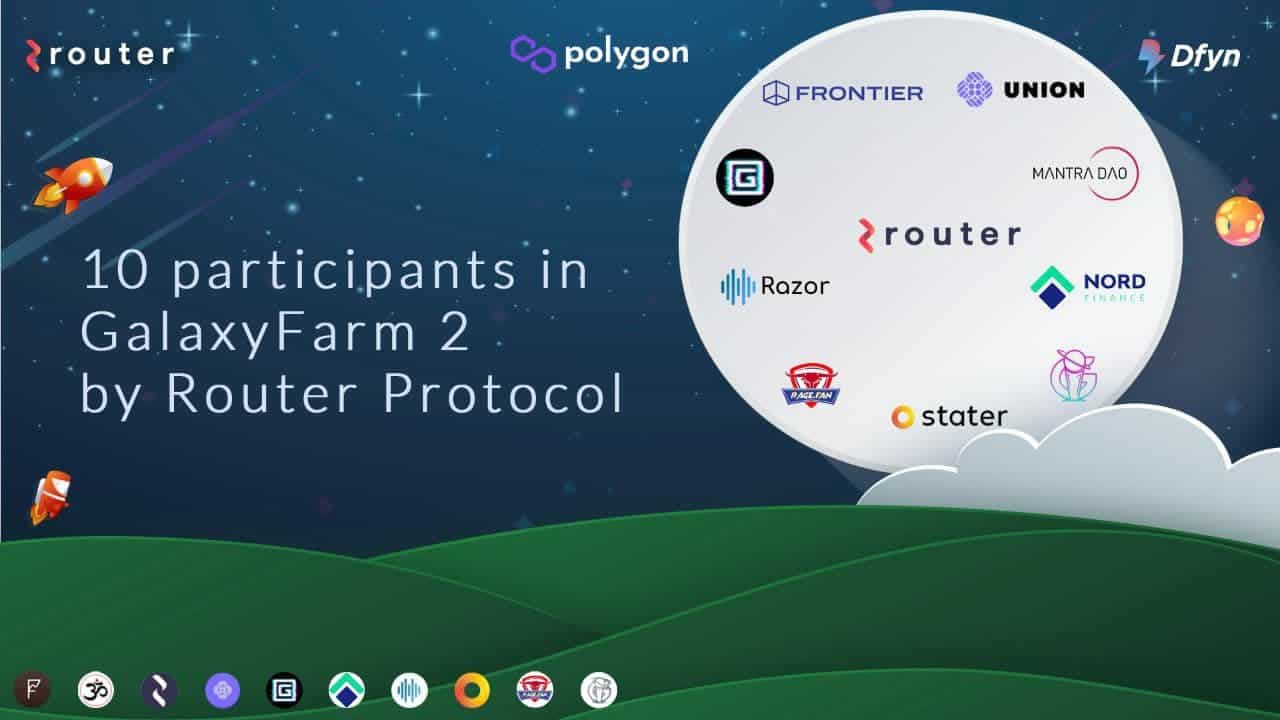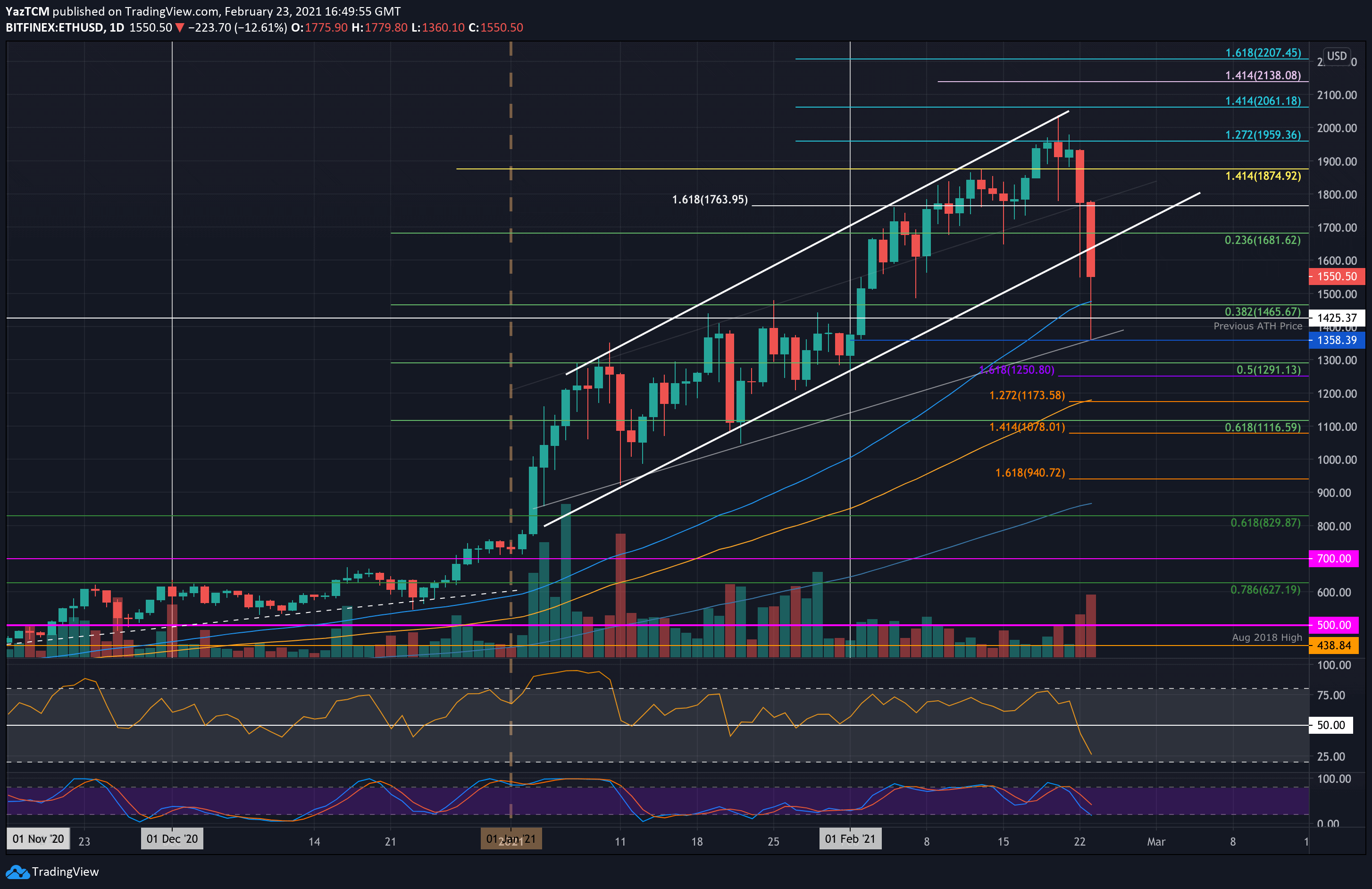Analysis: Smart Contract Transaction Fees 9 Times Greater Than Those For Regular ETH Transactions in March
An interesting analysis of the performance of the Ethereum network reveals some changes as to what fees are being paid. Feed pays to miners exceeded the uncle reward paid to miners in March.
Fees Paid By Users Greater Than The Cost Paid By The Network
Ankit Chiplunkar, the head of research at the popular data monitoring resource Token Analyst, has brought up some interesting findings regarding the performance of the Ethereum network.
The fees paid to miners, amounting to about 26,100 ETH, exceeded the uncle reward (around 20,400 ETH) paid to miners in March of this year. This suggests that the fees paid by the users are currently more considerable than the “cost paid by the network to maintain a 15 sec block time.”
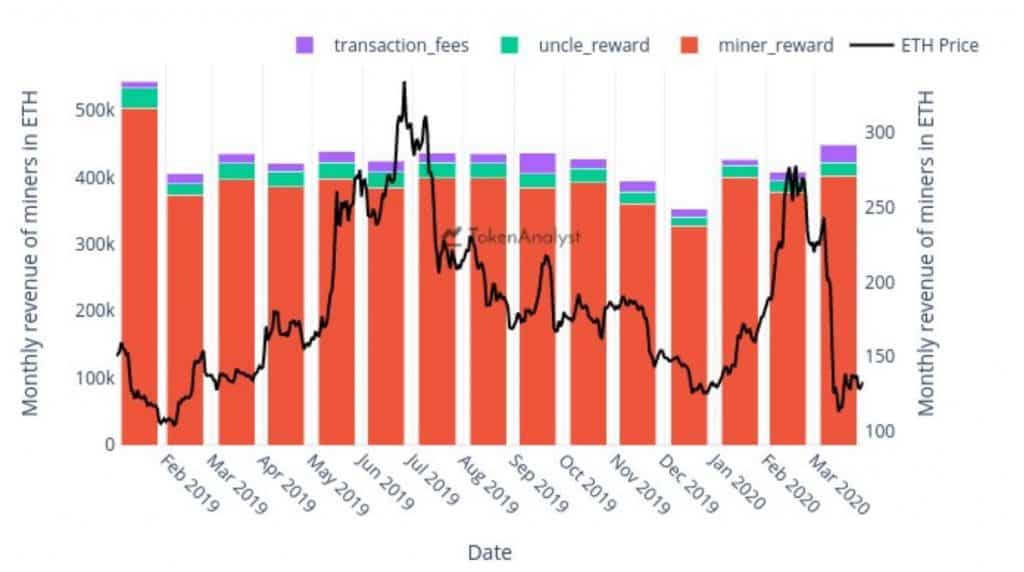
To understand the claims behind this statement, it’s essential to know what the uncle reward is in Ethereum’s network.
First things first, each block in the blockchain is formed from the one before it – that’s why it’s known as a parent block. However, when multiple blocks are produced from the same parent, only one will become a permanent part of the blockchain, while the others won’t be included.
As Ethereum has shorter block times, those so-called stale blocks can occur more often. This is why the network is designed to reward miners for producing blocks even if these don’t make it to the blockchain.
Put simply, an uncle block is defined as a “child of a parent of a parent of a block that is not the parent, or more generally a child of an ancestor that is not itself an ancestor.” So it’s a block that’s produced from a “grandparent,” but it’s also not the parent of the current block. For these, miners receive an “uncle reward.”
Smart Contract Users Pay More Fees Than Regular Transactions
Another exciting find is that users paid more fees for smart contract transactions, rather than the fees paid by basic ETH transactions.
In fact, in March alone, these fees were about 8.6 greater as only 2,700 ETH was paid in fees for regular transactions, whereas 23,400 ETH was paid for smart contract transactions.
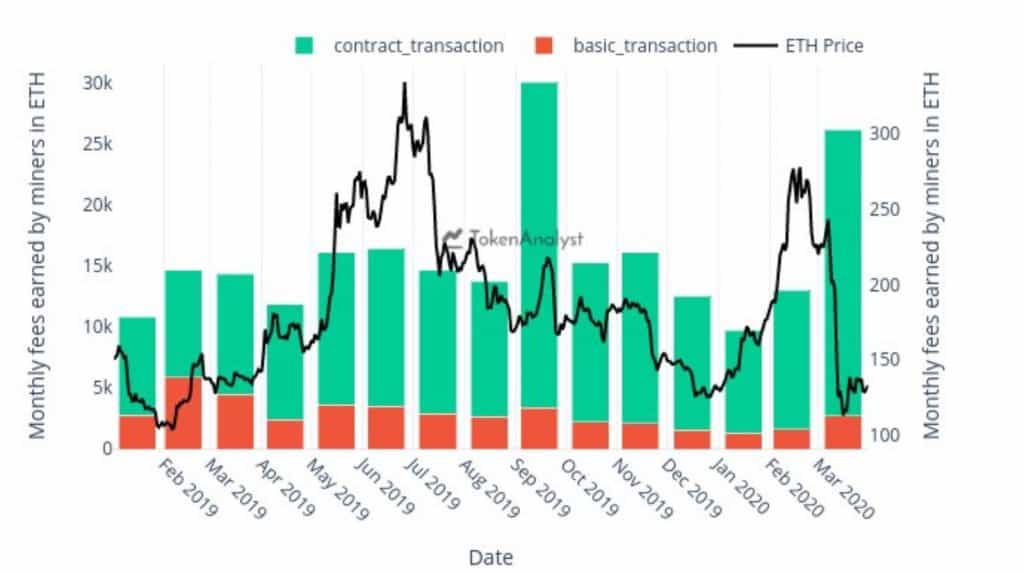
The post Analysis: Smart Contract Transaction Fees 9 Times Greater Than Those For Regular ETH Transactions in March appeared first on CryptoPotato.

